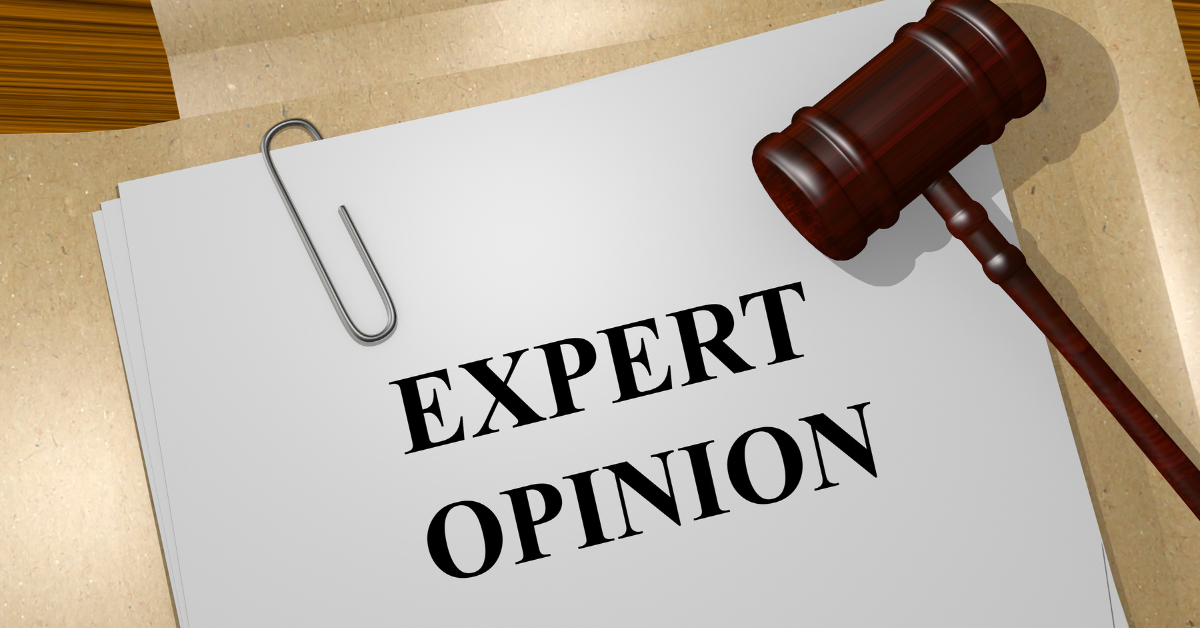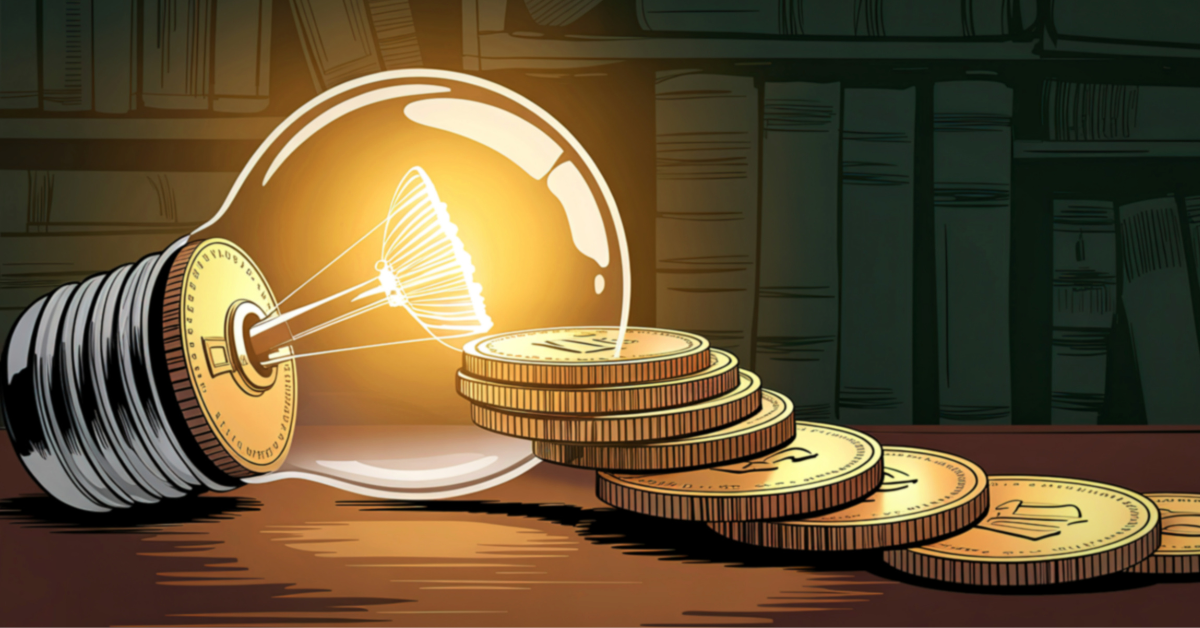How well you cross-examine expert witnesses at trial can make or break a defense strategy – juror understanding and verdicts can hinge on it. Defense counsel must approach the cross-examination of an expert witness with specific objectives and a defined plan using practice-tested methods and psychology-based strategies.
What factors determine the best timing for impeachment when cross-examining expert witnesses?
If the expert witness has made broad claims or stated opinions during testimony (or the deposition), that can create a clear, usable contradiction for the cross-examination and later during closing. Specific techniques during deposition can be used to position the expert witness for such a pivot, thereby damaging their credibility in front of the jury.
Set Goals Before Asking the First Question
Before you cross-examine expert witnesses, clarify your defense strategy: what must be achieved on the record, whether during deposition or at trial. During questioning, one goal may be to create a situation where the expert must contradict themselves or where other evidence shows inconsistencies. Succeeding with this means they will suffer credibility damage that the defense can use in closing.
Defense attorneys can also bring financial incentives and prejudices to light (e.g., ‘this expert only works for the plaintiff’s side’) and get the jury to question whether the expert witness is biased in their opinions and conclusions.
Exposing the Expert Witness
During the cross-examination of expert witnesses, the defense aims to elicit contradictions and push them to the limits of their own opinions. When an expert witness gets defensive, they lose credibility. The goal is to get the witness to agree to the fullest, most accurate framing of the facts and then use that same framing to reveal contradictions in their testimony. This is particularly effective with self-assured, aggressive specialists who argue points no reasonable professional would dispute. The more they refuse obvious concessions, the less credible they appear.
Expose Financial Incentives with Math the Jury Can Follow
Do more than ask whether the expert “mostly” works for plaintiffs. Make their bias evident in ways jurors can follow. Establish frequency by identifying how often you have encountered the expert in the last month or year, including repeat engagements with the same firm.
Then explain compensation at the case level by separating time spent on records review and interviews from the limited time devoted to true expert analysis, and tie those hours to the actual dollars billed on this matter. Remember to compare effort to output. The expert’s credibility will be damaged and the fee will appear excessive if a large invoice reveals only a minimal amount of expert-level work.
For example, a few hours of extracting numbers from a standard reference, and the expert acknowledges that a non-attorney could do the calculation. The defense needs to stay within evidence-backed limits, while quantifying what is possible. The goal is to reach a simple calculation that the jury can reproduce in deliberations.
Prove Repeat-Player Bias
Wording like “You engage in 95% plaintiff work” is forgettable. Jurors remember specifics and patterns. Mention specifics instead, for example, that you visited the expert on “Smith” last week, “Jones” the week before, and “Garcia” the prior month. Aim to demonstrate questionable interest and a pattern. Document work with a single firm by confirming, for example, that the expert has testified for “Firm X” dozens of times in a defined period. Bias is communicated more effectively by concrete repetition than by statistics.
The Witness’s Experience Level Matters
Less experienced experts often concede points without recognizing their impact. Use straightforward, well-sequenced questions to secure those admissions early and solidify them. Veteran experts will fight. So, it’s essential to maintain a steady pace and use the calm reset: “I’m confused, is your answer yes or no?” Isolate one proposition at a time, and press until the record shows they will not acknowledge commonsense points. Eventually, that pattern will read more like bias than analysis.
An Effective Cross-Examination Strategy with Courtroom Sciences
When you cross-examine expert witnesses, the goal is not to “win the room.” It is about building a disciplined defense-friendly record that questions their credibility in a way that jurors intuitively accept. When you approach with clear goals, the defense reduces plaintiff leverage. And set up for a strategic close with clean, undeniable admissions.
Courtroom Sciences helps attorneys efficiently navigate litigation by providing psychological expertise, science-backed data, and expert support for all phases of litigation. Learn how CSI’s litigation consulting experts can improve outcomes for your next case.
Speak with one of our experts to get started.
Be confident in achieving superior litigation outcomes. CSI has the expertise, track record, and capabilities to help you win.



